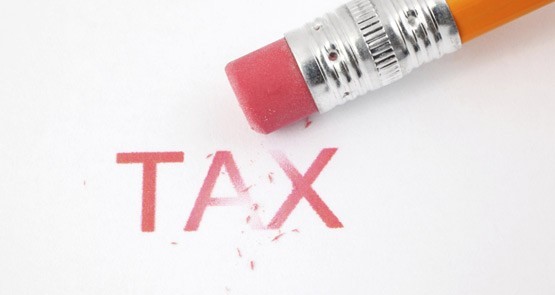
It is glaringly obvious taxes collected in Australia are billions below budget forecasts, well short of what is needed to match spending and vastly inadequate to fulfil promises to repay the debt. This is clear from the debt blow-out of 43.3% since the last election, the flags going up on GST hikes and expert opinion.
So who is shirking? And who in Canberra is pretending not to notice? The Senate inquiry turned up a few clues. It found that Chevron Australia paid a tax fee of just $248 on $1.7 billion in profit one year. Senator Sam Dastyari reckons Chevron could be up for $3 billion in back taxes if court actions succeed.
It would be good to see who paid what last financial year — the first full year of the Coalition’s fiscal management — compared with earlier years. Has tax paid by the various classes of taxpayer — wage and salary earners, small enterprises, big business, partnerships, multinationals, trusts and super funds — gone up or down? The Australian Taxation Office (ATO)’s annual report is disappointingly light on helpful detail. But we can glean a few more clues.
Total tax revenue the ATO collected in 2014-15 increased $15.2 billion to $337.3 billion, a rise of 4.7%. The greatest increase came from income tax on “total individuals”, up a whopping $14.3 billion from $163.6 billion to $177.9 billion. That’s a rise of 8.7%. The goods and services tax generated an extra 6.3% or $3.2 billion, up to $54.6 billion. So consumers are paying their share.
But the report doesn’t reveal whether the increased tax grab from individuals came from low-income wage earners or from millionaire investors or professional partnerships. Is the 8.7% hike in income tax attributable to higher wages and salaries? Clearly not. ABS data shows wages and salaries rose just 1.85% over the period (file 56760017, column AK). This suggests the rate at which taxpayers are taxed on their earnings has been ramped up considerably.
Company tax collected actually fell this year by $359 million, or -0.53%. This is consistent with ABS figures showing companies overall reported lower profits in 2014-15, down by 9.5%.
Intriguing figures appear regarding the fringe benefits tax (FBT) collected. Despite business profits suffering badly over the year — the worst annual decline in the 22 years for which data is available — expenditure on perks that incur FBT continued apace. The rise in 2014-15 in FBT was $270 million, for a total of $4.35 billion. That’s a healthy increase of 6.6%, compared with 4.0% the year before and 5.1% in 2012-13.
How can that be? Could companies be under-reporting profits, perhaps? Could the ATO be less vigilant than before? Commissioner of Taxation Chris Jordan assures us he “met the commitment to government of reducing our staffing levels by more than 3000 (since 1 July 2013) with little or no negative impact on revenue or services”.
Nevertheless the chapter on dispute settlement, page 62, shows almost 400 disputes were “settled” without any audit. No checks. Let ‘em pay what they want.
The outcomes of disputes involving “large businesses” shows a huge variance from the $5.608 billion the ATO sought to collect initially and what it settled for — $2.934 billion. That $2.674 billion difference is a huge chunk out of the year’s total shortfall. It is more than double the $1.189 billion for the previous year, and nearly treble the $997 million in 2012-13.
Damningly, the variance over the year as a whole between total collections ($336.8 billion) and the budgeted take ($346.3 billion) is a staggering $9.5 billion. Almost half of this, $4.7 billion, was the shortfall in company tax.
Exactly who is getting away with the loot remains unclear. This is because we cannot see quantum of tax collected by all categories of individual taxpayers, or by all company categories. This used to be available.
One desirable outcome of the current Senate inquiry would be to secure more information. That would help identify the freeloaders — and those who shield them.








Truly appalling that even a simple skill like basic arithmetic shows that our entire ATO edifice is based on rorts, rip-offs and entrenched privilege.
Poor Bugger, my Country.